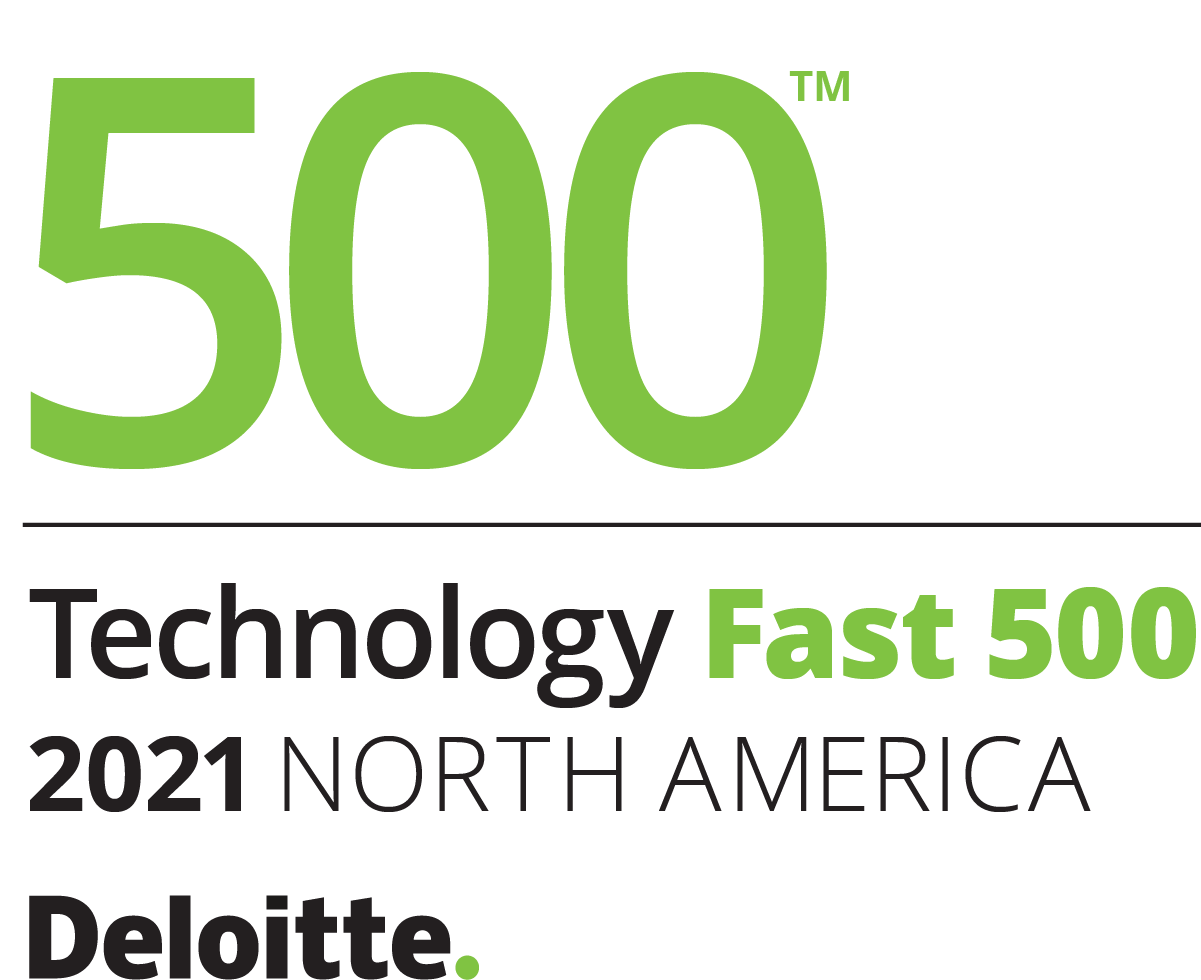Note: This article originally appeared on the Kearney website and their Digital Game Changers web page.
In the past, traditional corporate cultures have been built around defined hierarchies, operating in a “command-and-control” mode. In contrast, today’s digital leaders prioritize driving trust between teams, empowering employees with greater autonomy, and building community.
Senior executives often lead by example, communicating openly and honestly, showing that failures are a natural by-product of innovation—more learning opportunities than mistakes. Rather than dwell on what isn’t working, these organizations implement a performance mindset, continually measuring progress and making decisions according to data.
Leading for Innovation and Creativity
According to Vidisha Suman, a partner in our Digital Transformation Practice, “Organizations that win with digital become gravity points for the best talent. One of the core differentiators that sets these leading companies apart is a culture that encourages innovation and creativity and fosters trust in teams. The onus is on what we call the 'new-age digital leaders,' and when I say digital leaders, I'm not talking about the role, but the characteristics of these leaders today.”
“There are three key principles defining the new-age digital leaders’ ability to drive a culture of trust and performance,” continues Vidisha. “First is transforming from a command-and-control mode to removing barriers for the teams to work, leveraging communities, and being inspirational as a leader. Second is working out loud—open communication and transparency to drive trust in your teams and disseminate the message that it is OK to fail and keep trying. The third piece is making sure you have a shared ambition, there's clarity on how the corporate business objectives cascade down to each function and then to each of the teams—so as an employee, I know why I do what I do.”
Six Ways Corporate Cultures are Transforming
To understand more about how corporate cultures have transformed the management, and measurement, of trust and performance, we're grateful to Deidre Paknad, CEO and co-founder of Workboard, for sharing her six key insights on:
- Dynamics and confluence events, driving changes in leadership values and velocity
- The management approaches that large and fast growth tech companies changed to change their speed
- The biggest impediments to achieving an ambitious strategy are internal, and often by-products of past management models
- Six imperatives for bold strategy achievement
- Choosing language that creates the behaviors you need
- Measurement and iteration to learn and incorporate new insights faster to fuel the growth journey
The entire video is available in the player below, or you can go to any of the topics using the timeline that displays once the video starts.
We’d love to hear your thoughts on this transformation in corporate culture. Tweet us @WorkBoardInc and reach out to Deidre on LinkedIn. To learn more about how WorkBoard, request a demo.
Like it? Get more and share!








